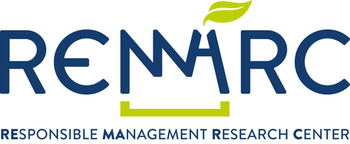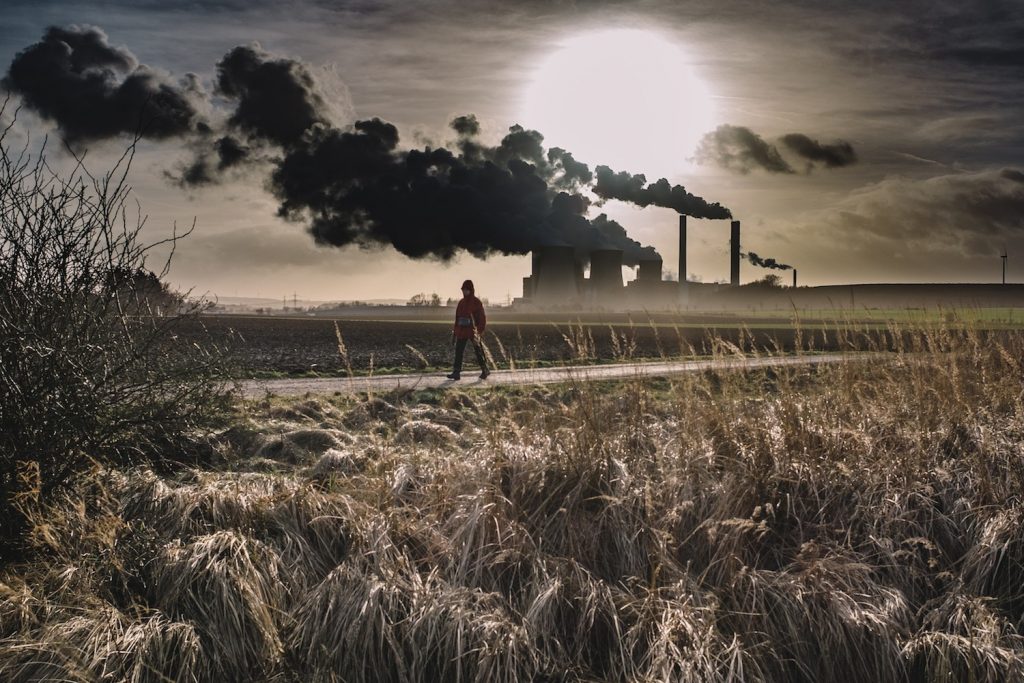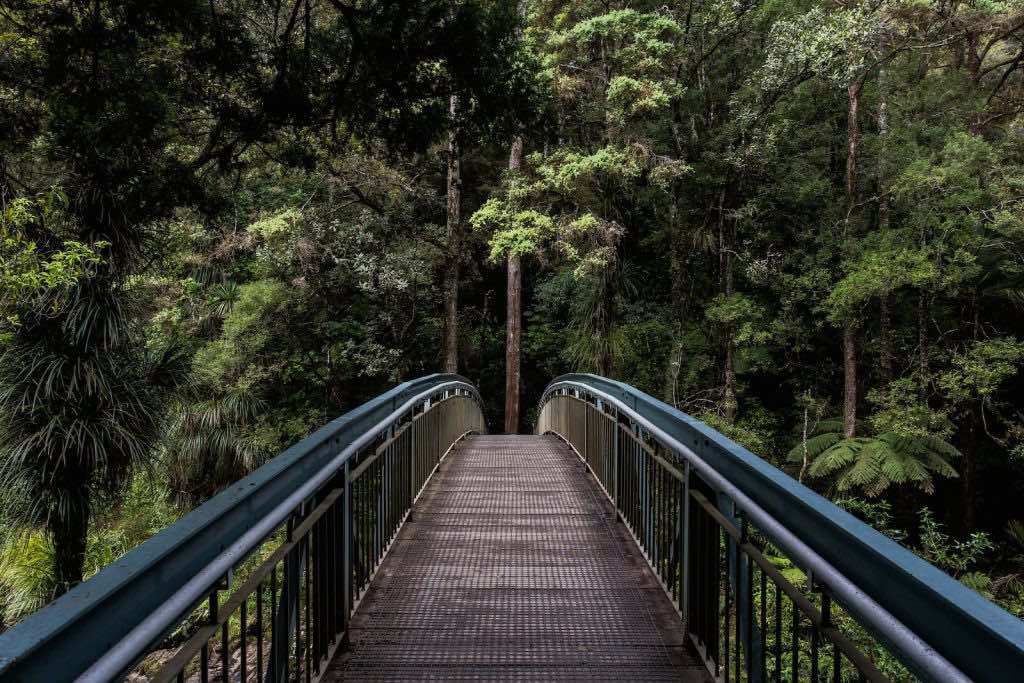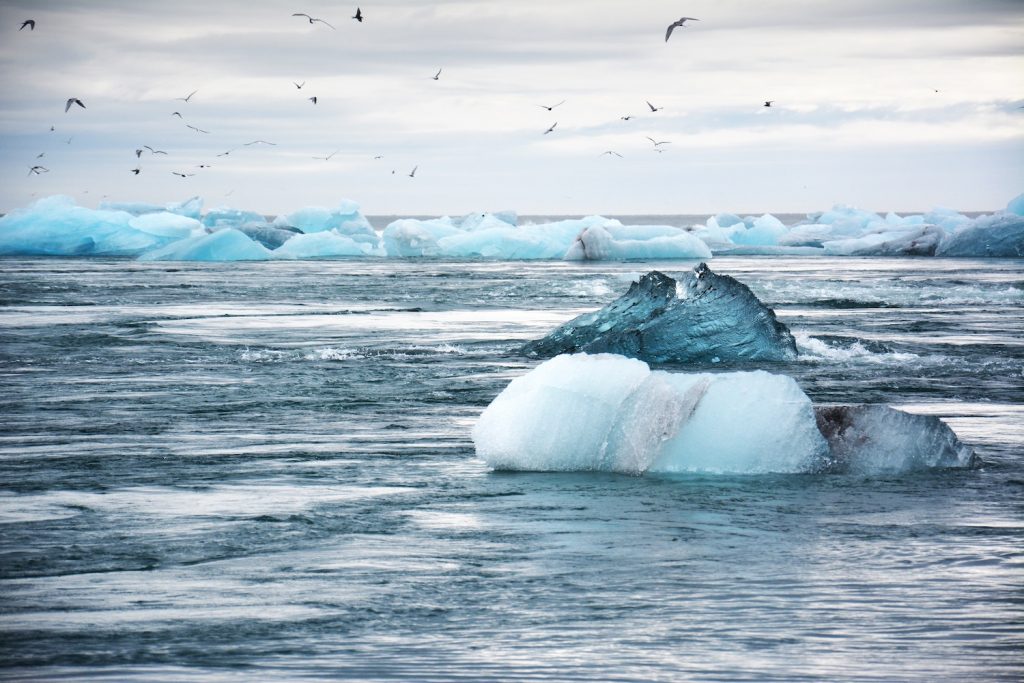Description
In recent years, the European Union has increasingly recognised the leading role of institutions and governance processes in mitigation and adaptation strategies implemented to deal with climate change (e.g. EU Climate Initiative). This focus area seeks to investigate the socio-economic conditions of the transition towards an environmentally sustainable economy. Our approach is based on the awareness on effective policy interventions that presuppose an understanding of the linkages among innovation, governance, institutional and organizational processes, behaviours and economy. By analysing these linkages at different levels, we aim at reconnecting the objective of social equity with the issue of sustainability, which is challenging the environmental paradox of welfare state. In this perspective, our research also focuses on the understanding of the organizational and contextual configurations of welfare economies, their strategies and the ways in which they become ecologically parasitical or, on the contrary, capable of promoting better conditions for sustainability.
The current triple crisis – economic, social and environmental – should be faced as a complex non-linear systemic process of interconnected loops of causation. Notwithstanding, there are a very limited number of variables referring to the three concepts and their interconnections have been investigated only recently. Furthermore, current literature neglects considerations of the ecological properties and the implications of learning and of the evolution processes of organizational/institutional designs. The interdisciplinary approach adopted allows us to overcome over-specialization and related disciplinary myopia, and to account for systemic effects, complex interactions and feedback loop mechanisms across heterogeneous agents and contexts.
We pursue the following objectives:
- Building scenarios on resources and environmental depletion, on the effect of renewable energy expansion on carbon emissions and climate change.
- Studying the impact of innovation (and automation) both on the side of the environment, labour and of the society. Study the relationship between finance and climate change.
- Measuring the potential impact of local economy on sustainability transition.
- Investigating institutional, organizational and behavioural preconditions of transitions to sustainability.
- Analysing patterns of learning, adaptation of local welfare systems and organizations in addition to the risks and potentials for transformative change towards sustainability.
- Including and supporting in the research processes the actors’ participation and experience, their ways of dealing with ongoing issues and creating solutions, accompanying their learning processes and enhancing their knowledge and practice.

Simone D’Alessandro

Pietro Guarnieri

Tommaso Luzzati

Matteo Villa

Angela Parenti

Irene Monasterolo

Federico Demaria

André Cieplinski
Luzzati, T., Orsini, M., & Gucciardi, G. 2018. A multiscale reassessment of the Environmental Kuznets Curve for energy and CO2 emissions. Energy policy, 122, 612-621.
Luzzati, T., Parenti, A., & Rughi, T. 2018. Economic Growth and Cancer Incidence. Ecological Economics, 146, 381-396.
Bernardo G., D’Alessandro S. 2016. Systems-dynamic analysis of employment and inequality impacts of low-carbon investments Environmental Innovation and Societal Transitions. Environmental Innovation and Societal Transitions, 21: 123-144.
Bilancini, E., D’Alessandro S. 2012. Long run Welfare under Externalities in Consumption, Leisure, and Production: A Case for Happy De-Growth vs. Unhappy Growth. Ecological Economics, 84: 194-205.
Bonetti, M., Villa M. 2014. In the shadow of legalism: understanding community participation in an overly-bureaucratic context, Critical Policy Studies (8/4): 447-464.
D’Alessandro, S., Luzzati T., Morroni M. 2010. Energy Transition towards economic and environmental sustainability: feasible paths and policy implications. Journal of Cleaner Production, 18(4): 291-298.
Sabatinelli, S., Villa M. 2015. Happy ever after in the quasi-market place? The dowry logic of active labour policy in the Lombardy Region, International Journal of Sociology and Social Policy, 35 (11/12): 812-827.
Villa, M. 2016. The transformative role of the social investment welfare state towards sustainability. Criticisms and potentialities in fragile areas, Sociologia e Politiche Sociali N. 3/2016: 29-49.
D’Alessandro, S., Cieplinski, A., Distefano, T., & Dittmer, K. 2020. Feasible alternatives to green growth. Nature Sustainability, 3(4), 329-335.
Distefano, T. (Ed.). 2020. Water Resources and Economic Processes. Routledge.
Distefano, T., Chiarotti, G., Laio, F., & Ridolfi, L. 2019. Spatial distribution of the international food prices: Unexpected heterogeneity and randomness. Ecological Economics, 159, 122-132.
Distefano, T., D’Alessandro, S. 2021. A new two-nested-game approach: linking micro- and macro-scales in international environmental agreements. International Environmental Agreements: Politics, Law and Economics. https://doi.org/10.1007/s10784-021-09526-7



